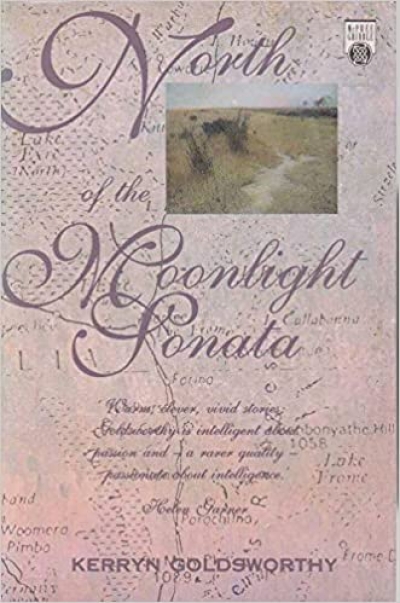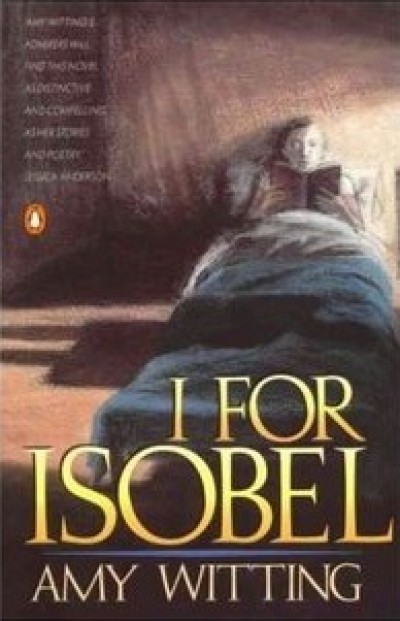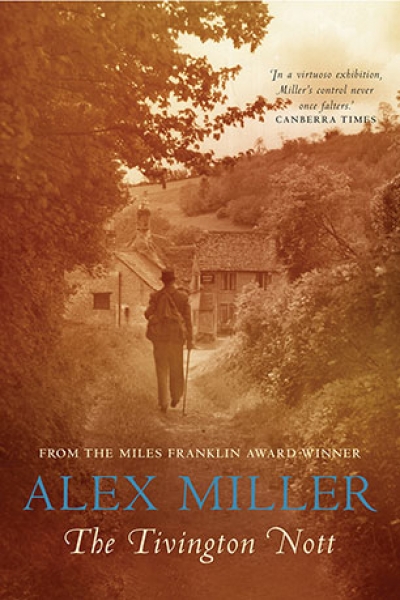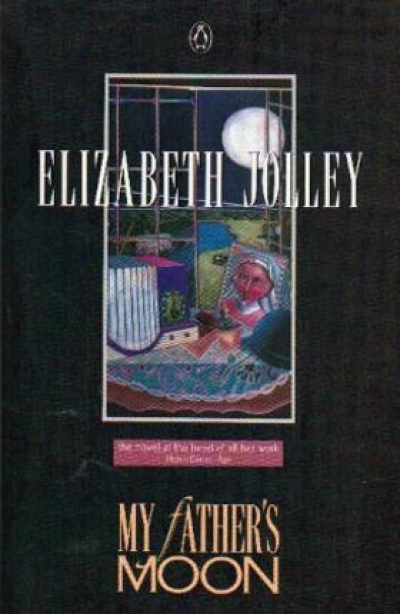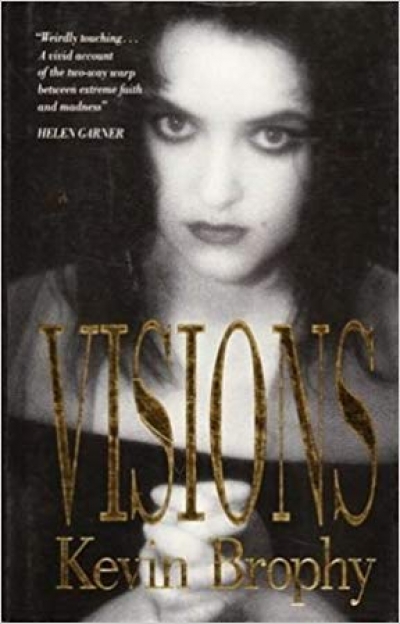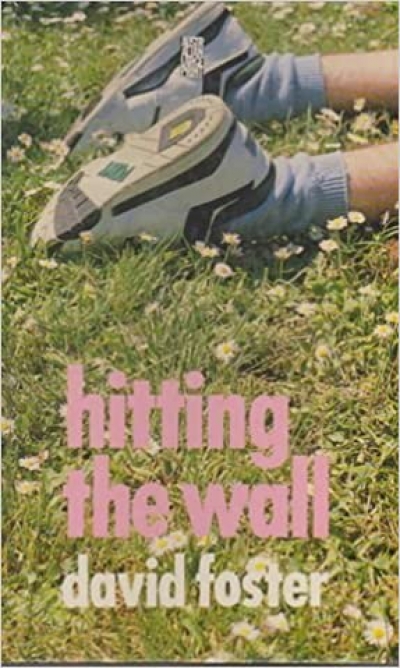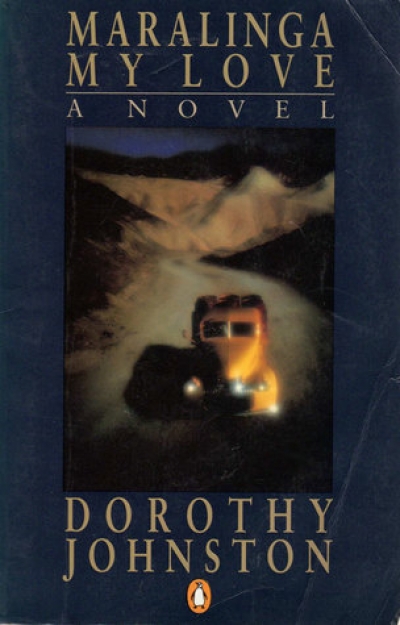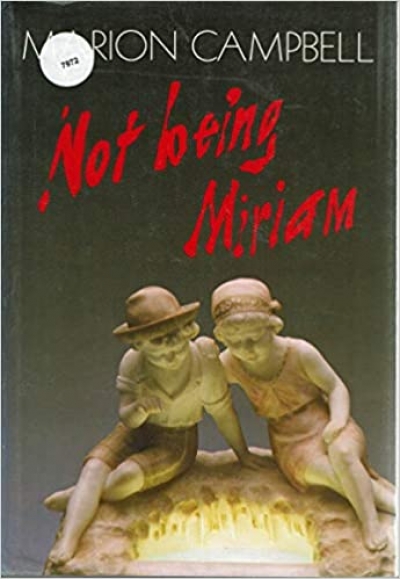Fiction
North of the Moonlight Sonata by Kerryn Goldsworthy & The House Tibet by Georgia Savage
In the title story of Kerryn Goldsworthy’s impressive first collection, a man and a woman are travelling inland from the city towards the point where main roads give way to obscure tracks. Their relationship is failing, though they have yet to admit this to each other.
... (read more)This is, above all else, a timely novel. In an afterword describing the Beijing massacre, Nicholas Jose explains that he wrote Avenue of Eternal Peace in 1987. The novel ends with the growing push for democracy, with crowds milling in Tiananmen Square, and with a sense that change might be possible, if precarious. The afterword details the end of such hopes. Jose’s novel therefore has a strange air of elatedness surrounding it. On the one hand it offers a very rare example of contemporary Australian fiction confronting China. The fact that the map of history it stems from has changed so dramatically adds an extra fillip to the reader’s vicarious experience of the ‘new’ China, and especially of Australia’s increasingly blasé encounter with China – up until the recent repression. Perhaps it now stands as a testament to what might have been.
... (read more)Amy Witting’s second novel is a skilfully structured, totally absorbing, mystery story. Not a ‘who done it?’ but a ‘why did they do it?’ Why did Isobel Callaghan’s mother subject her child to such unrelenting and shocking psychological cruelty? Why did Isobel’s always tired, always silent father always acquiesce? Why is it Isobel and not ...
Don’t be put off by the cover of Alex Miller’s most recent novel, where a stag-at-bay is invoked, rather reminiscent of an early century front parlour picture. Although this novel is firmly set in period and place, it simply cannot be understated as the definitive deer-hunting tale. There is also the powerful universal sub-theme of the outsider searching for meaning and identity in a society firmly entrenched in a rigid and outdated class system.
... (read more)Elizabeth Jolley’s new novel takes a leap into the past, to a large hospital in wartime England where Veronica Wright, an awkward girl just out of a Quaker boarding school, endures the discomforts and humiliations of a trainee nurse. As we have come to expect from this writer, there are all sorts of marvellous things tucked away in odd corners. Sharp observations of hospital routine – preparing bread and butter for the patients’ trays, chasing cockroaches with steel knitting-needles, shivering on night duty, and trying to keep warm in old army blankets – are mixed with passages of grotesque comedy, and with one or two memorable instances of the macabre, nowhere more effectively than in the death of a gangrene-ridden, maggot-infested patient.
... (read more)Elizabeth Riddell quipped about Kevin Brophy’s first novel, Getting Away With It (Wildgrass, 1982), that he hadn’t! I do not recall anything else of her review, but must confess that it also replaced my own estimation of the book. With hindsight, it’s clear that the novel has too many attributes to be disqualified, however wittily. Furthermore, Brophy’s new novel, Visions, recovers the best of his earlier novel’s operations, advancing them this time in an entirely coherent and often marvellous manner.
... (read more)I have often found myself feeling a little frustrated after reading a David Foster novel. While never doubting his ability as a writer, the convolutions of his narrative have, more than once, overshadowed his undeniably fine prose. His latest book, Hitting the Wall, a collection of two novellas, allows us the opportunity to examine how Foster handles the more urgent needs of this much shorter form.
... (read more)Often collections of stories seem to me idle gatherings of chance acquaintances, sometimes uneasy with their companions. While the random can offer pleasures of its own, it can mean narrow-minded stories offended by their wilder and noisier neighbours, together a matter of squabble and disharmony. The four long stories that comprise Michael Wilding’s new work, Under Saturn, have instead a creative discord. Each one is self-contained, yet the movement of counterpoint among the four brings to Under Saturn the unity of a single composition, a quartet of variations on a theme.
... (read more)Among the stories by seven women writers in the recent collections, Canberra Tales, there is a haunting story by Dorothy Johnston, in which, in the improbable setting of contemporary Canberra, she conjures up the figure of a mythical boatman rowing across the waters of Lake Burley Griffin. The image lingers, shimmering and numinous.
... (read more)Three sections at the beginning of Marion Campbell’s second novel, Not Being Miriam, initiate its preoccupations and problems. They relate incidents from the childhood of Bess Valentine, its major character. In the first and shortest, Bess creates a transforming ritual, a childish game with significant narrative implications. Bess strips herself and Sean, paints their bodies with clay, the children enter the water which washes away the clay; then she dresses in Sean’s boxer shorts and clothes him in her bubble bathers.
... (read more)

